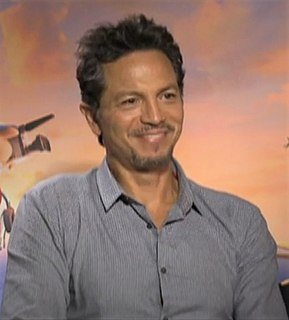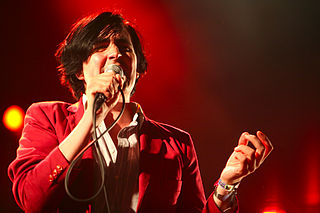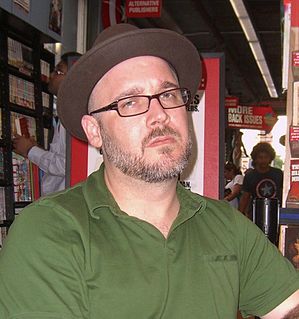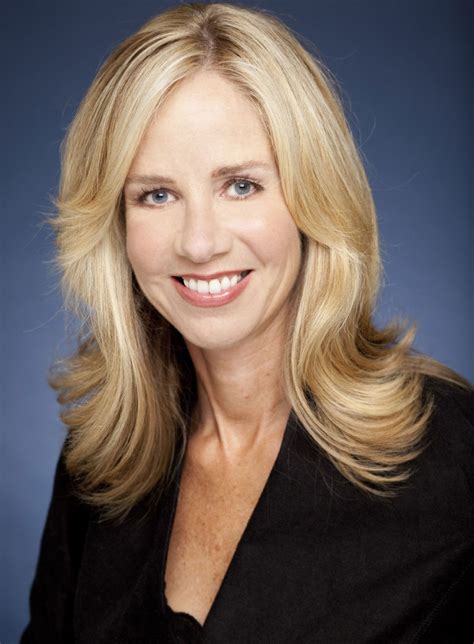A Quote by Jim Lee
'Watchmen' is a cornerstone of both DC Comics' publishing history and its future.
Quote Topics
Related Quotes
Self-publishing in comics is core to the whole artform. There is no scarlet letter in comics as there still is, to some degree, in prose. As no publisher for a long time would publish serious work in comics, the only way a lot of it came out was because of self-publishing. Many of the greatest works of the medium are self-published.
All our songs are about real people, true events. We do write about DC Comics and things like The Replacements. It's pretty much good conversations that happen at Art Brut shows. It's like making friends - like a Wanted ad: "Man that likes the Replacements and DC Comics wants friends to drink with at venue tonight. Who's coming?" It's like that.
I started off doing indie comics that I wrote and drew myself. I was doing those for ten years before I started to work for DC. The first book that I wrote for DC was for another artist. I did some backups in 'Adventure Comics' years ago starring The Atom. That's the first time that I ever wrote for another artist.
With comics, you can only really learn what you're doing wrong or what works best when you see your work published. I've been publishing comics since my 20s, and still, when I flip through any of my new comics, I still only see the things that I wish I'd done better. But that's how you learn, by seeing it.





































